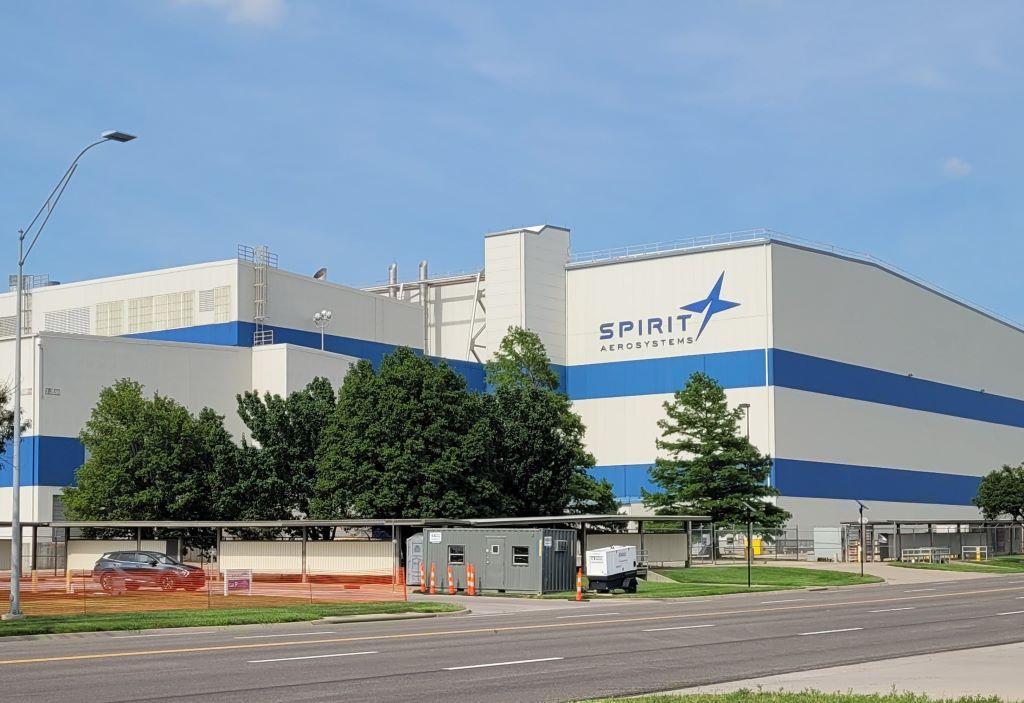
Credit: Molly McMillin
Spirit AeroSystems, a leading aerostructures provider and the supplier responsible for a majority of the Boeing 737 airframe, told union workers in Wichita not to report for work starting with the first shift June 22. The announcement came after unionized workers there authorized a strike starting...
Subscription Required
This content requires a subscription to one of the Aviation Week Intelligence Network (AWIN) bundles.
Schedule a demo today to find out how you can access this content and similar content related to your area of the global aviation industry.
Already an AWIN subscriber? Login
Did you know? Aviation Week has won top honors multiple times in the Jesse H. Neal National Business Journalism Awards, the business-to-business media equivalent of the Pulitzer Prizes.





